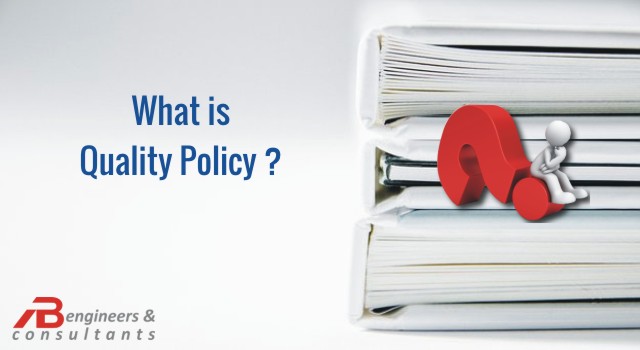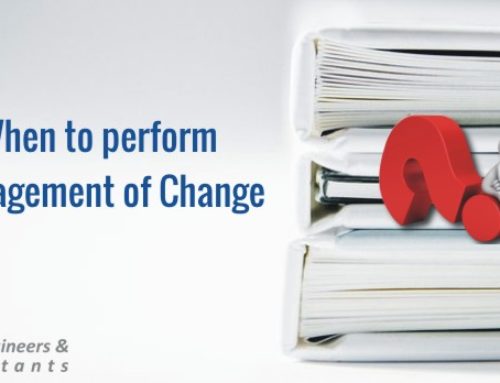As per ISO 9000:2015, generally Quality Policy is consistent with the overall policy of the organization, aligned with the organization’s vision and mission and provides a framework for the setting of the quality objectives.
As a part of its commitment to quality, top management shall establish, document, and approve the quality policy.
As per ISO 9000:2015, Top Management is a person or group of people who directs and controls an organization at the highest level. Depending upon the size of the organisation Top management could be Owner, Chairman, MD, Unit Head, CEO, General Manager etc.
Top management shall review the quality policy to ensure that it:
- Is appropriate to the business purpose of the organisation.
- provides the framework and basis for the development and review of quality objectives.
- includes the commitment to comply and meet requirements.
- includes the commitment to continually improve the quality management system.
- Is communicated, understood, implemented, and maintained at all relevant functions (departments) and levels (from top to bottom).
Example of Quality Policy:
Below is a typical example of a quality policy which can be customised as per your organization need.
Company Name (XYZ Limited)
Quality Policy
Company XYZ Limited is engaged in manufacturing of XYZ products for Petroleum and Oil and Gas Industry.
Quality is important and integral part of our organization because we value our customers. We strive to provide our customers with products and services which meet and exceed their requirements and expectations.
Organization has processes and procedures in place to ensure customer satisfaction and we are committed to continually improve the effectiveness of our established Quality Management System with a framework for measuring and improving the performance of its processes.
Date Approved By
Disclaimer: This interpretation is given only for guidance and is solely based on the author’s learning experience in API eco system. Before making any judgment, readers are advised to use their own understanding based on their own organisation’s requirements.
Note: API doesn’t endorse this interpretation as a part or in totality.






